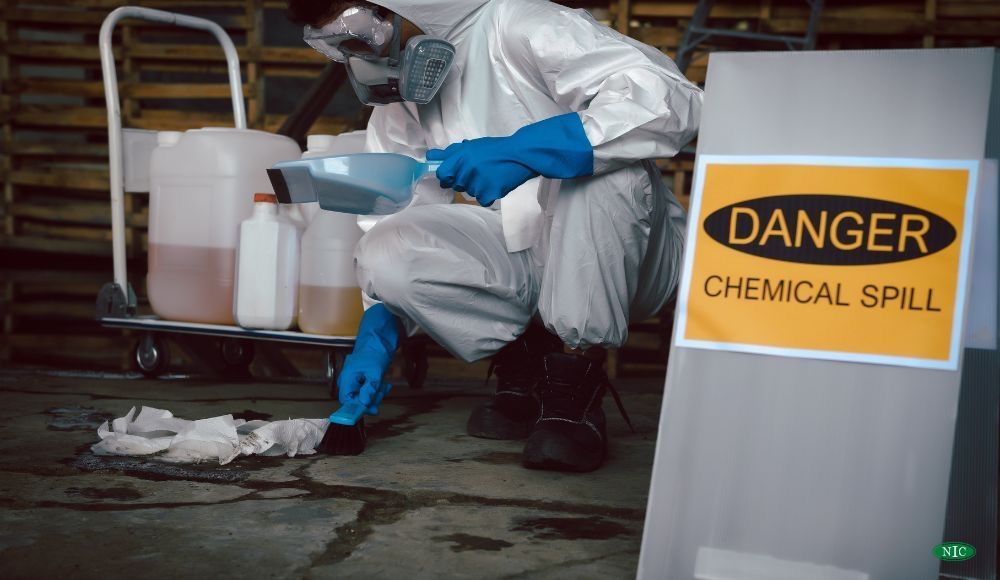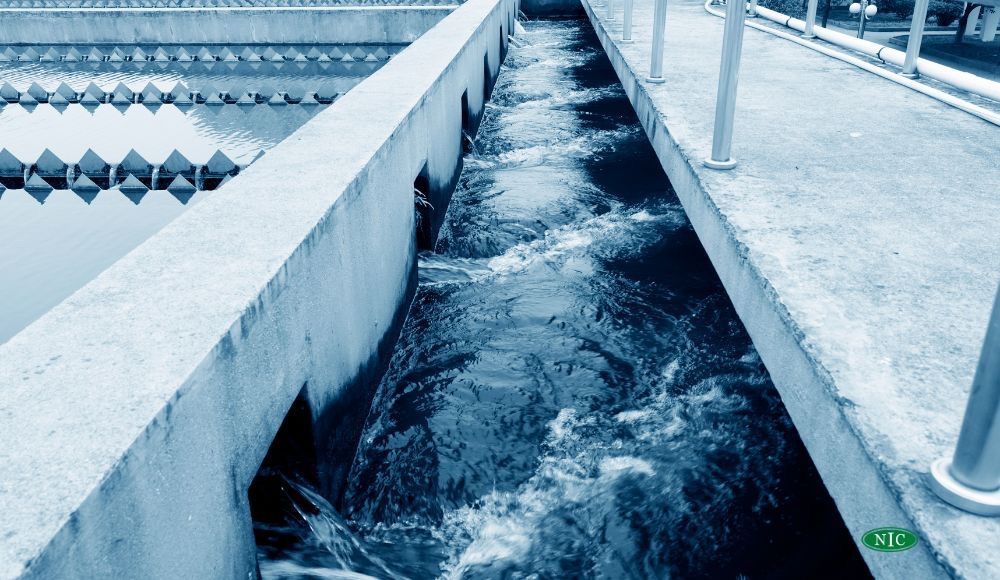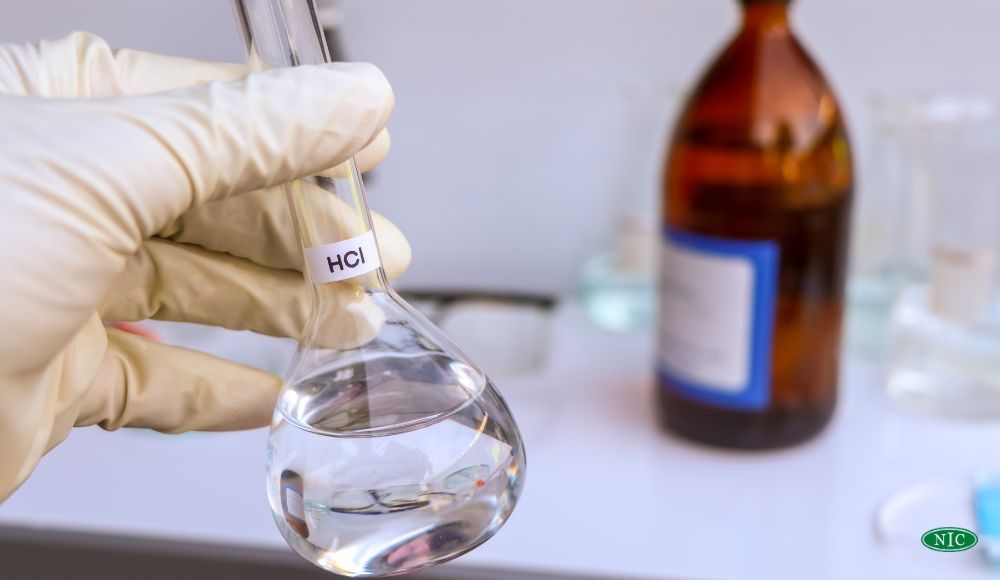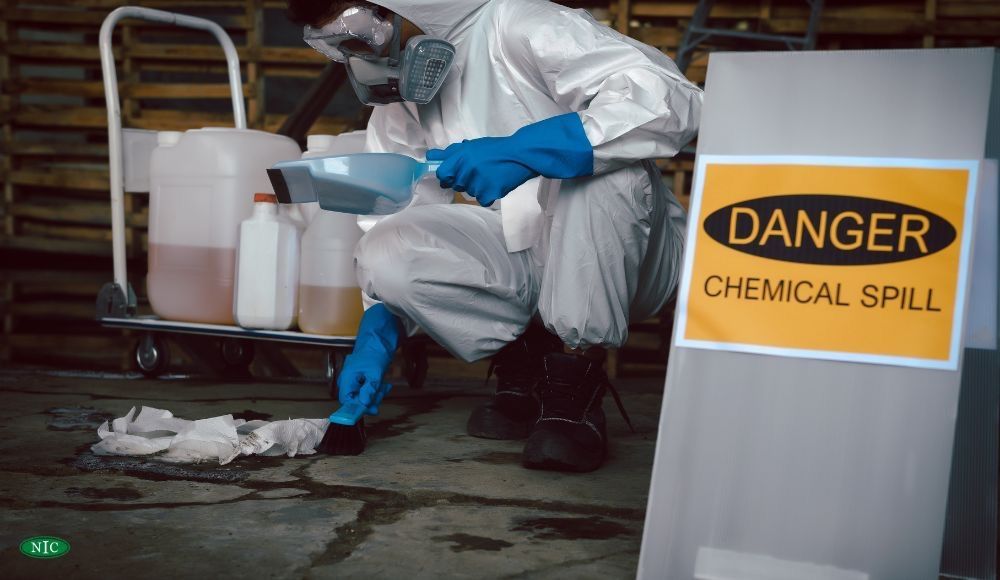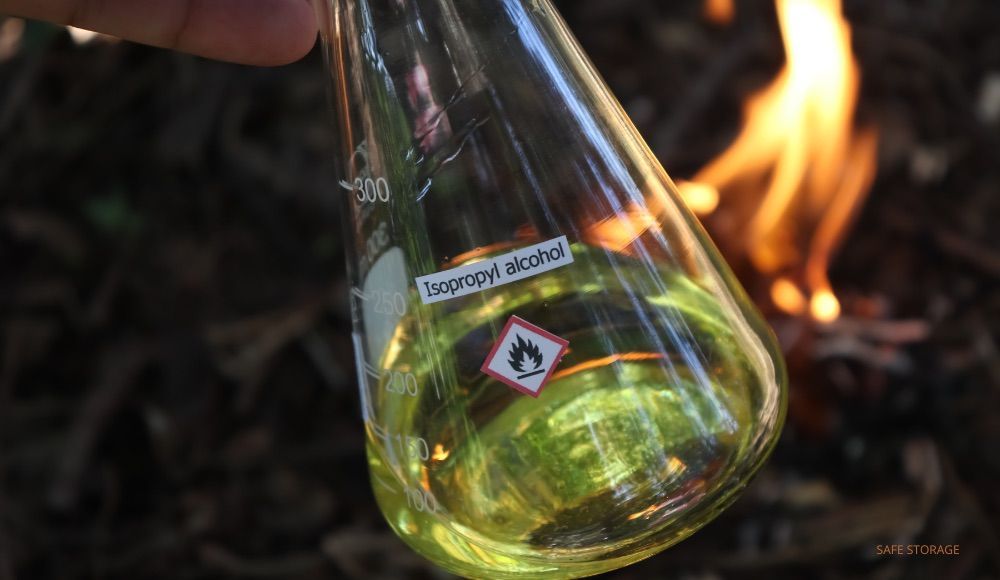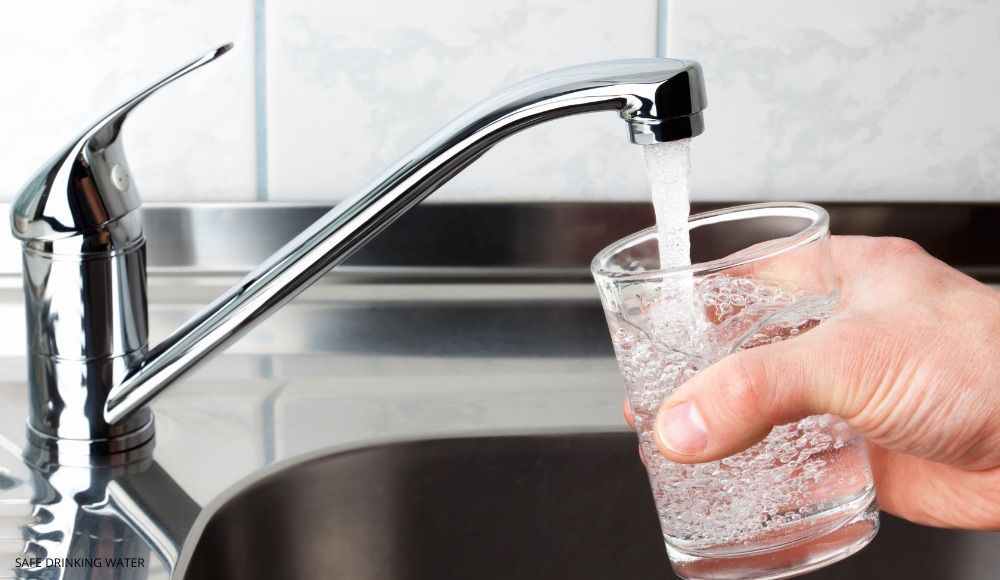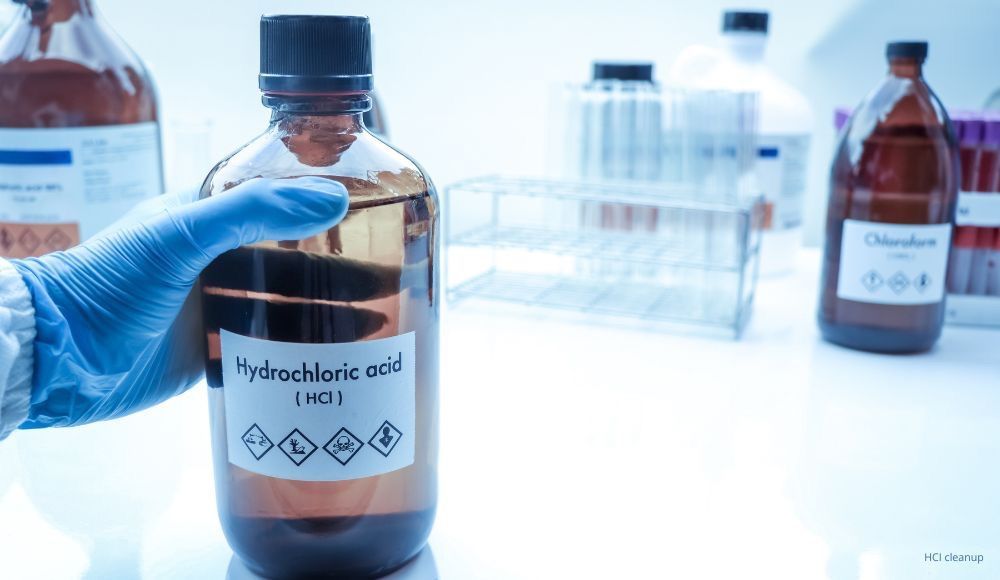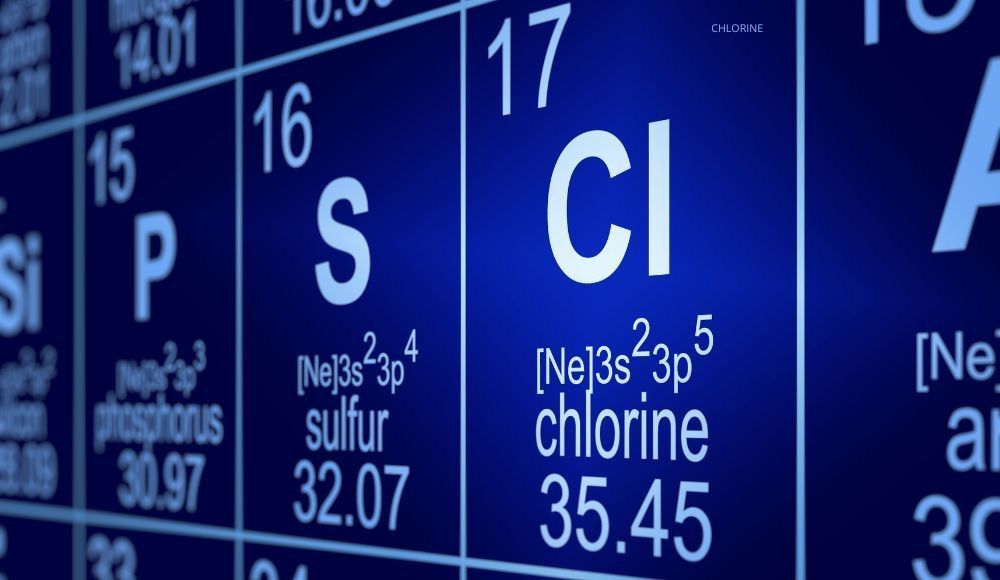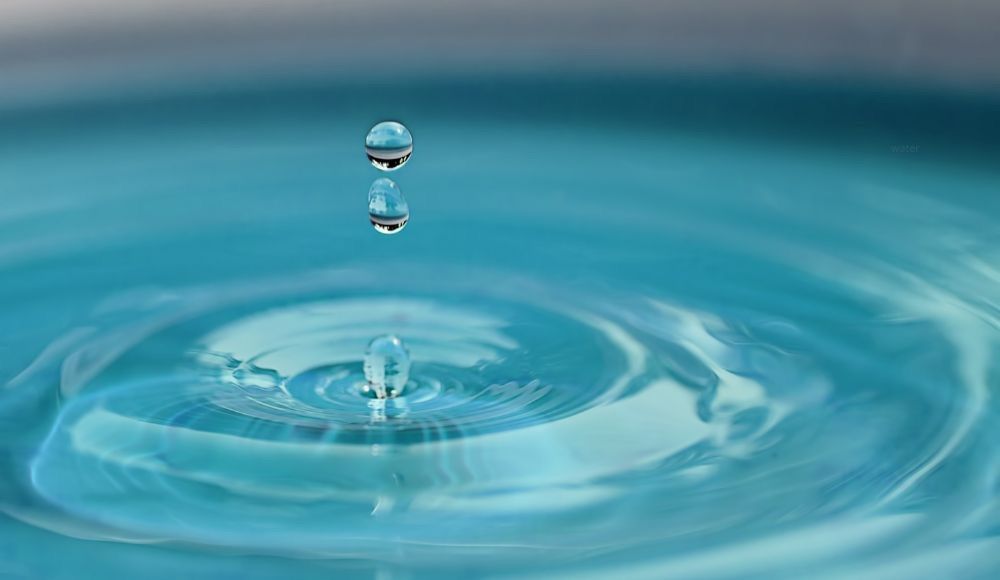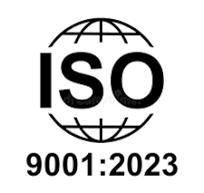How to Clean Up Hydrochloric Acid: Simple Steps for Safety
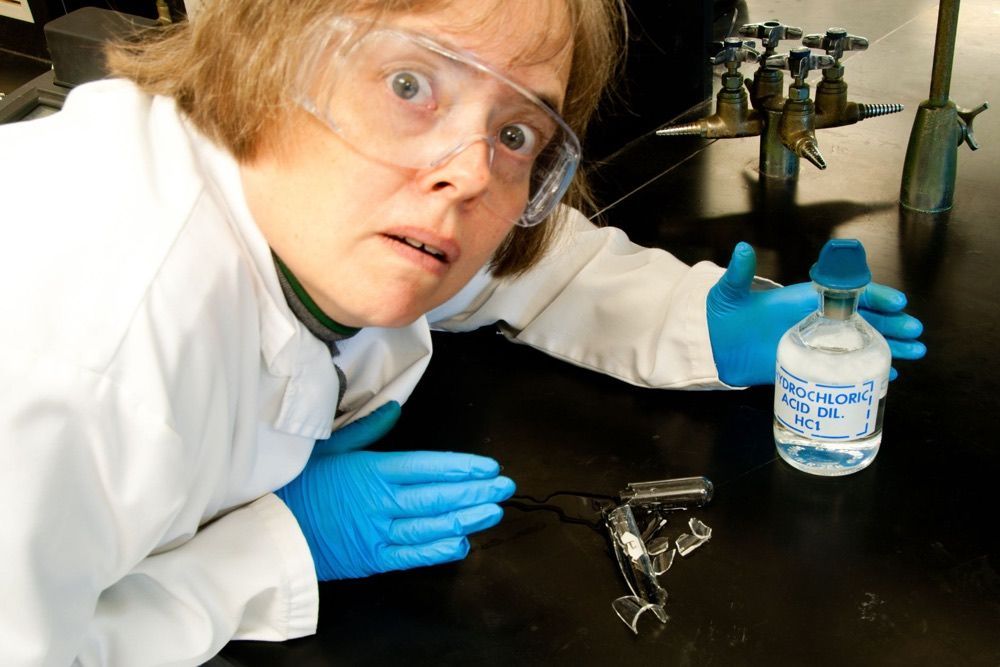
Cleaning up hydrochloric acid safely requires careful handling and specific procedures. This article will cover the essential steps, including wearing appropriate protective gear, neutralizing the acid with a suitable substance, disposing of the waste correctly, and preventing future spills. Understanding these procedures makes avoiding harm and ensuring a safe environment possible.
Take These Safety Measures for Acid Spills
Always prioritize safety after a hydrochloric acid spill to prevent injuries and environmental harm. Wear the appropriate personal protective equipment (PPE), including gloves, goggles, and a lab coat, to protect against splashes and fumes. Immediately ventilate the area to disperse any hazardous gases. Avoid direct contact with the acid and use absorbent materials like spill pads to contain it. Neutralize the spill with a suitable substance like sodium bicarbonate, and mark and isolate the contaminated area to prevent accidental exposure. Dispose of the neutralized waste following local regulations and thoroughly clean the site.
Quick and Easy Acid Neutralization
Using baking soda, a standard household product, it's quick and easy to neutralize spills safely. Start by sprinkling baking soda slowly over the acid spill until the fizzing stops, which shows neutralization. Then, test the pH to confirm neutrality. Once neutralized, use absorbent materials to clean up the residue. Always wear protective equipment and ventilate the area for safety throughout the process.
Disposing of the Waste Safely
Safely disposing of neutralized acid waste involves several steps:
- First, ensure the substance is entirely neutralized by testing the pH to confirm it's within a neutral range.
- Transfer the waste into a labeled container resistant to chemical corrosion.
- Since guidelines can vary, follow the local regulations for hazardous waste disposal.
- Contact your local waste management authority if you're uncertain about specific procedures. Never dispose of neutralized acid waste in the trash or down the drain since it poses environmental risks.
- Always record the disposal actions for compliance and future reference.
Preventing Hydrochloric Acid Damage and Accidents
Hydrochloric acid is hazardous, and preventing damage and accidents should be a priority. Proper storage in clearly labeled, corrosion-resistant containers away from incompatible substances is essential. Storage areas should be secure and well-ventilated to minimize vapor buildup. Strict training should be enforced for all personnel handling the acid, emphasizing the importance of using personal protective equipment like gloves, goggles, and lab coats.
Establish and communicate clear procedures for safe handling, including transporting and transferring the acid. Regularly inspect storage areas and equipment to detect leaks or corrosion early. Emergency protocols should be trained and practiced, and materials such as spill kits should be readily accessible. Ensure continuous monitoring and documentation for safety compliance.
Expert Assistance for All Your Chemical Needs
You can trust North Industrial Chemicals for help in cleaning up industrial spills. Our team has the experience and training to partner with you in anything involving industrial chemicals. Contact us today for a free quote or more information.
